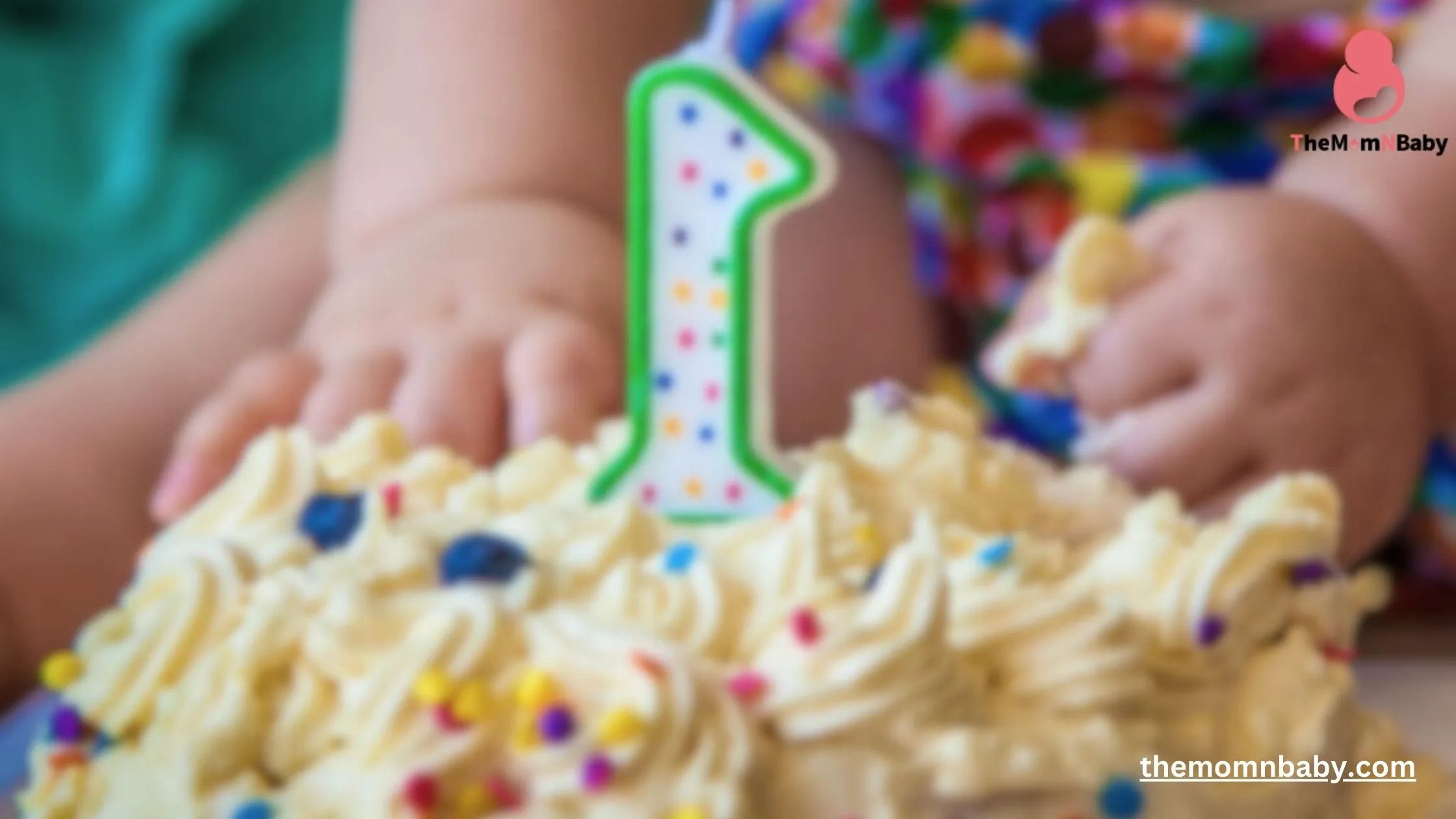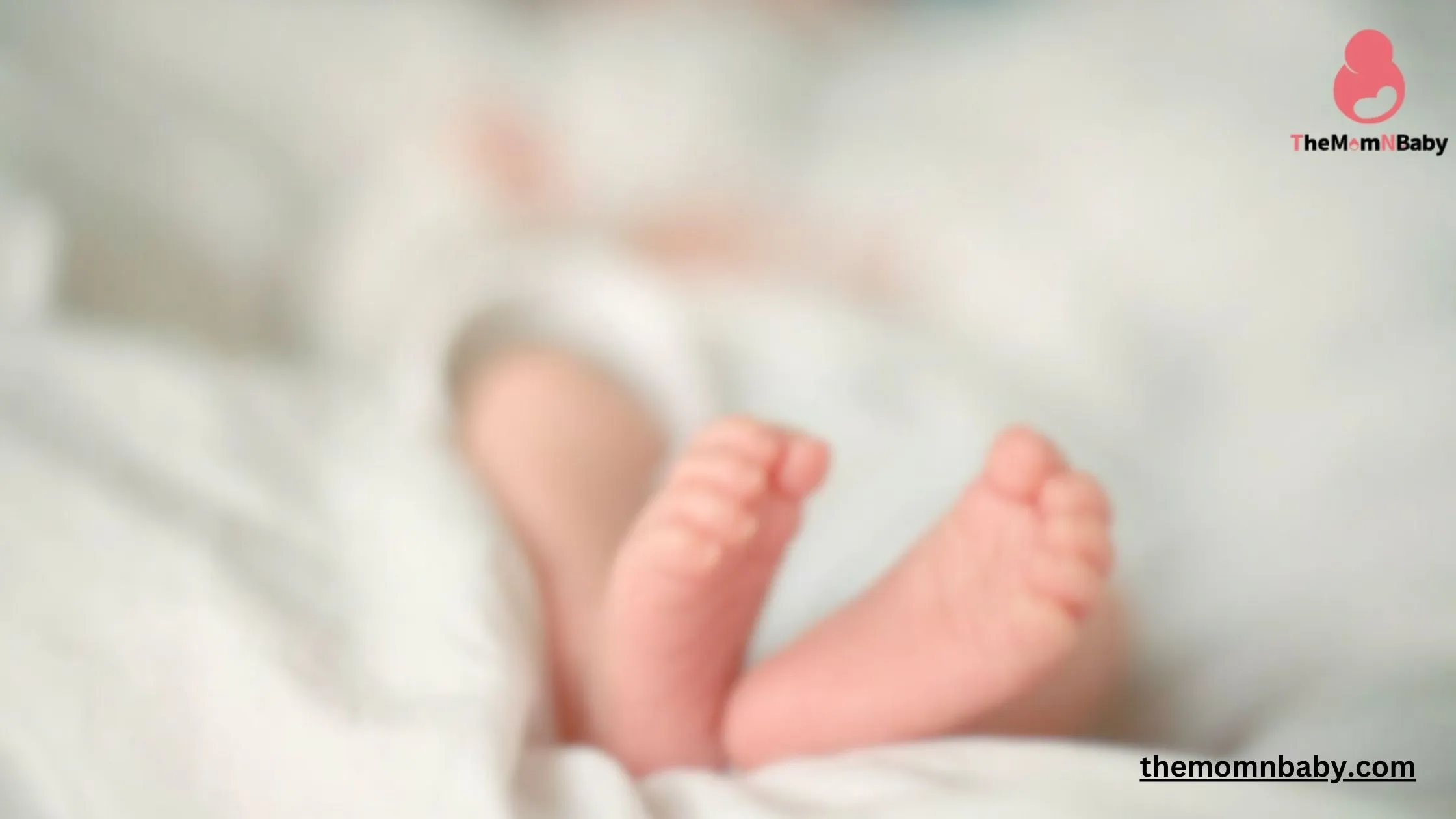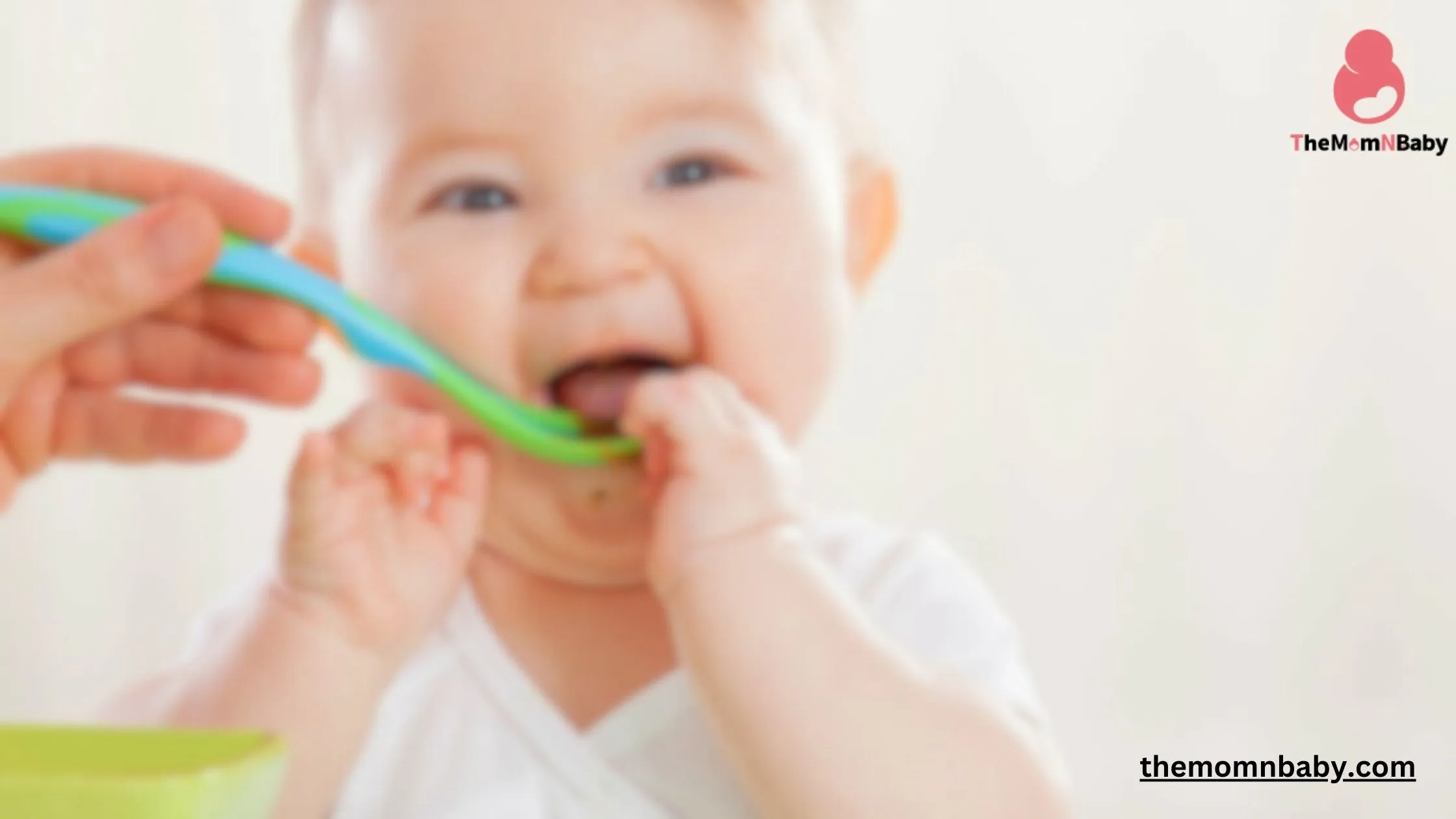
The arrival of a newborn into your life marks the beginning of an extraordinary journey. The first year of your baby’s life is a time of incredible growth and development, characterized by numerous milestones that hold immense significance for both you as parents and your precious little one. In this article, we’ll traverse through the various stages of your baby’s first year, exploring the significant milestones and remarkable growth that occur along the way.
Baby’s First Year: Milestones, Growth, and Development
Welcome to the amazing journey of your baby’s first year! During this special time, your baby grows and changes a lot. We’ll explore all the important things that happen in these 12 months. From their very first smile to learning to crawl and maybe even taking those first steps, it’s an incredible adventure for both you and your baby.
Baby’s First Year – Month 1: The Newborn Arrival
The initial month of your baby’s life is a period of adjustment for both you and your baby. During this time, the most notable developments include:
- Physical Growth: Newborns typically lose a bit of weight shortly after birth, but by the end of the first month, they usually start to gain weight and grow in length. This marks the beginning of their physical development as they adapt to the world outside the womb.
- Sensory Development: Your baby’s senses are in the early stages of development. They may be sensitive to light, noise, and touch. Despite their limited vision, they can recognize your voice and scent, providing them with a sense of comfort.
- Sleep Patterns: Newborns sleep for most of the day and night but tend to have irregular sleep patterns. Frequent awakenings are expected, primarily driven by their need for feeding.
Baby’s First Year – Months 2-3: Becoming More Interactive
As your baby enters the second and third months of life, you’ll witness a growing interaction between you and your little one:
- Social Smiles: Around the second month, many babies start to offer their first genuine smiles. These smiles are more than just reflexes; they indicate that your baby is beginning to engage with the world and respond to your presence.
- Cooing and Babbling: Your baby may start making cooing sounds and babble, an early form of communication. They’re practicing using their vocal cords and attempting to convey their feelings.
- Neck Strength: During these months, your baby’s neck muscles become stronger, allowing them to hold their head up for short periods when placed on their tummy. This development is a significant step toward greater mobility.
Baby’s First Year- Months 4-6: Rolling Over and Solid Food Adventures
Between the fourth and sixth months, your baby’s physical abilities and interaction with the world around them continue to flourish:
- Rolling Over: Many babies begin to roll over, a major milestone that signals improved muscle strength and coordination. This newfound mobility allows them to explore their surroundings more effectively.
- Introduction to Solid Foods: Around the age of 6 months, many babies are ready to explore their first solid foods. Typically, parents introduce rice cereal or pureed fruits and vegetables at this stage. It’s an exciting time as your baby embarks on a culinary adventure.
- Sitting Up: Your baby may also start to sit up with support. They become more aware of their surroundings and can engage in play and interaction while sitting.
Months 7-9: Crawling and Enhanced Communication
During the seventh to ninth months, your baby becomes even more active and communicative:
- Crawling: Many babies start to crawl during this period, although the way they move can vary. Some may choose to crawl traditionally, while others scoot, roll, or use other creative methods to get around. This newfound mobility expands their exploration horizons.
- Exploration: As their mobility increases, babies become more curious. They begin to explore objects, grasping and bringing items to their mouth to understand the world through touch and taste.
- Early Communication: Your baby’s attempts at communication become more deliberate. They may mimic sounds you make, and some may even try to say simple words. Their enhanced vocalization helps them express their needs and emotions more clearly.
Baby’s First Year – Months 10-12: Standing and First Steps
As your baby nears the end of their first year, they continue to achieve new milestones:
- Standing: Many babies can pull themselves up to a standing position by holding onto furniture or other stable objects. This signifies the development of leg muscles and balance.
- First Steps: While not all babies take their first steps by their first birthday, some may start to walk during this period. Others might prefer to cruise along furniture or simply stand confidently.
- Improved Coordination: In the final months of the first year, you’ll notice improved hand-eye coordination. Your baby may stack blocks, turn the pages of a book, or even attempt to feed themselves, demonstrating growing independence.
Read More : A Guide To Providing The Right Food For Your Baby’s Health | 0 to 2 Years
Parenting in the First Year
The first year of your baby’s life is not just about their development; it’s a profound period of growth for you as parents. Here are some key considerations:
- Bonding: Your connection with your baby deepens as you respond to their needs and provide love and care. The first year is an important time for nurturing this bond.
- Feeding: Whether you choose to breastfeed or use formula, proper nutrition is crucial. As you introduce solid foods, keep an eye out for any allergic reactions.
- Sleep: Babies often wake frequently at night during the first year. Creating a safe and comfortable sleep environment is essential for both your baby’s well-being and your own rest.
- Healthcare: Regular check-ups with a pediatrician are vital for monitoring your baby’s growth and ensuring their health.
- Safety: As your baby becomes more mobile, it’s essential to baby-proof your home to prevent accidents and provide a safe environment.
- Mental Health: Parenting can be challenging, so remember to care for your mental and emotional well-being. Seek support from friends, family, or professionals if needed.
Conclusion: Cherishing Baby’s First Year
The first year of your baby’s life is a time of remarkable growth and development. Each milestone achieved is a testament to their resilience and the love and care they receive from you, their parents. The memories created during this year are precious and enduring, providing the foundation for the years to come. Enjoy every moment, as this year will pass quickly, leaving you with a treasure trove of memories and a strong bond that will continue to flourish as your baby grows.






